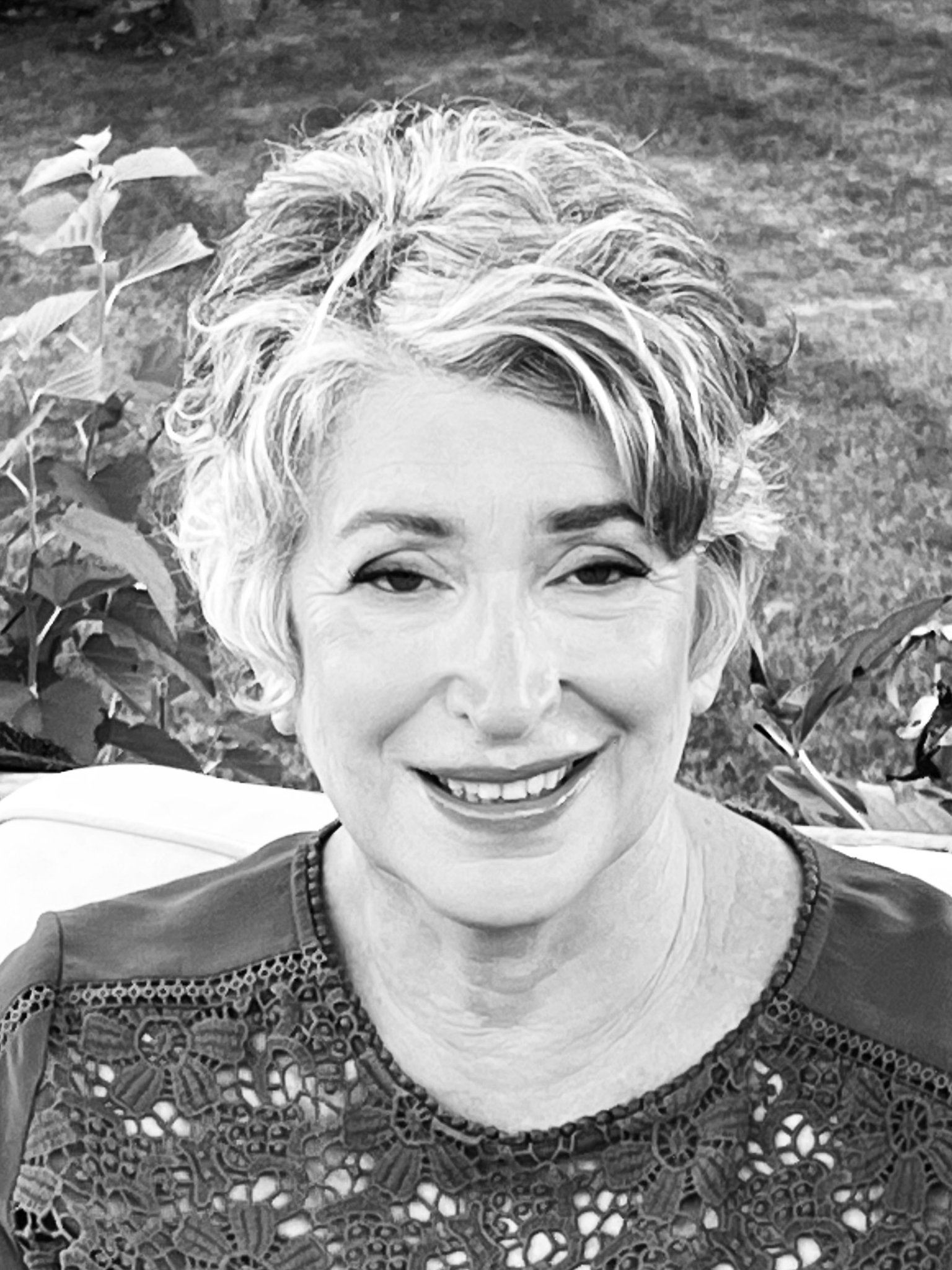I tell Henrietta about my mother’s heartbeat
and how I heard it in her womb. I think I’m lying, but as I speak, I feel it in my own chest, the bongBong of it, wavery through the saline sac. My hand, a tiny shimmer of ghost beside my cheek. I hear my mother first, then feel the doctor’s wand skidding through the puddle of gel on my belly…no sound, no thud, the terror of that nothingness, until the doctor twists the dial on the machine that brings my daughter’s life into the room, her first insistent, pounding, I’m here.
Henrietta wants to know more about “the other place”
She means the apartment where we lived after my parents’ divorce. I’ve described it—one of many brick boxes of four units, ours second floor left. The rooms smelled thickly of cigarettes and cabbage, and we turned sideways to pass each other in the hall. Outside, though, old elms and maples made deep swags of shadow and pine trees scrubbed the air. All night, gangs of feral cats stalked the grounds. Once, when their shrieks woke my mother, she hurled a pot of freezing water out the window. I hated her for that. So did a feline, one eye pused-shut, that flung itself at her, nails first, as she left for work that morning.
I tell Henrietta why chinchilla is my favorite fur
The last dress my mother bought while we still had money, was gray wool, tight to the knees, the hips circled in chinchilla. She wore it to a wedding on a ship, a few fancy dinners, and when my father left, it became her date dress. Later, it served as part of a suit for work: worn under a jacket, as if she hid the animal beneath. When the seams frayed, she cut the fur from its dying host, hung it in the back of the closet. I’d sit in the airless dark, the pelt pressed to my face, inhaling its memory of rodent musk, whiff of sea water, and a scent I thought of as loneliness–the animal’s or Mother’s, I could never tell.
We talk about my mother’s life
I tell Henrietta how I walked in on an aide bathing my mother in the nursing home. She was on her side, turned toward the window. The aide had pulled a rolling table with soap and a big basin of water close by, and washed my mother’s body, once wide as hawks wings, now a deflated balloon. Lifting her arm, the aide dipped and wrung, moving the warm cloth over her hands, her hips, between her legs. My mother’s voice a near whisper; the aide’s, too. When my mother lived with me, I brought soap and warm water to her bedside. “Don’t look!” she screamed.


